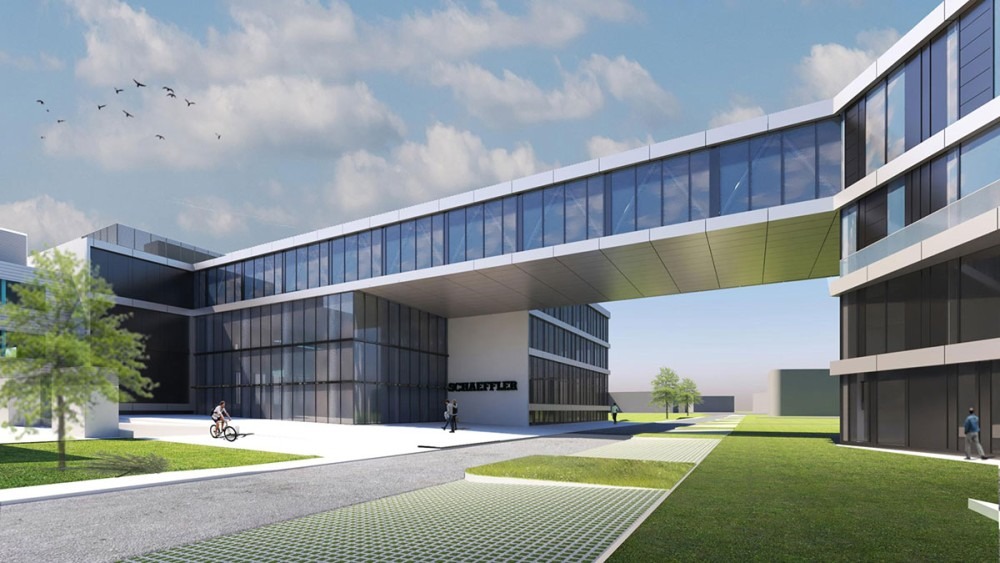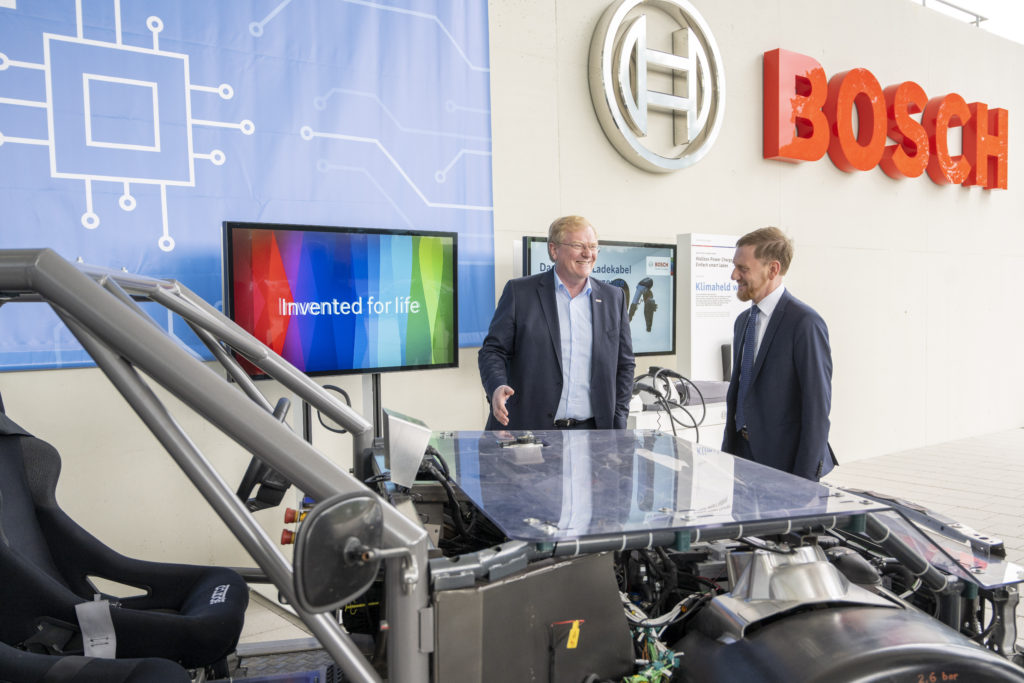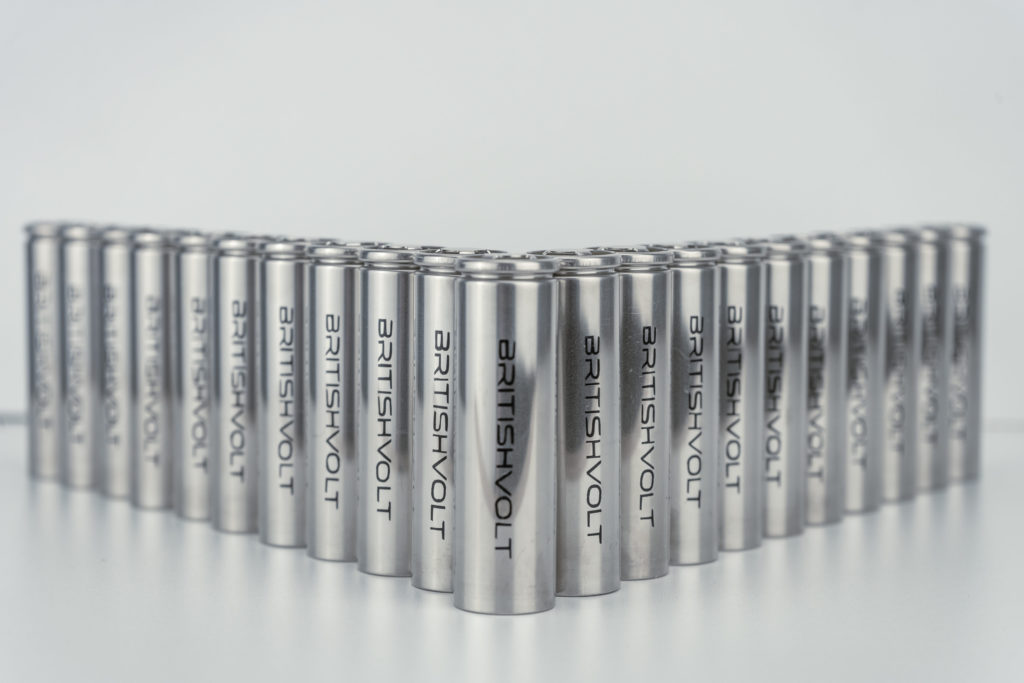Schaeffler invests heavily in e-mobility as suppliers plan for the future
04 September 2022

German automotive supplier Schaeffler has become the latest major industry player to confirm its e-mobility plans, ensuring a strategy is in place for future industry trends.
The expansion of the company’s manufacturing campus in the Bussmatten industrial park, situated in Bühl, Germany, is central to this strategy. Schaeffler plans to add a new building complex, meaning the ‘ultra-modern’ facility will occupy a land area of approximately 8,000 square metres, and will serve as a new centre of excellence at Schaeffler’s automotive technologies headquarters.
Slated to open in 2024, the expanded facility will consist of two buildings connected by a bridge, intended to enhance cooperation between teams. It will provide space for some 400 employees to work collaboratively on customer projects and develop new systems for electric powertrains.
More importantly, the upgrades will complement Schaeffler’s three existing buildings at the Bussmatten site, where the company is already developing and manufacturing components and systems for e-mobility. In particular, the facility will feature workspaces for interdisciplinary teams with a view to create networking zones as well as laboratory and workshop areas.
Schaeffler’s expansion plans come in the wake of the company securing new e-mobility projects valued at €3.2 billion in 2022. Commenting on the upgraded facility, Jochen Schröder, head of Schaeffler’s e-mobility business division said: ‘Going forward, Schaeffler is eager to acquire more and more projects involving integrated mechanical, electronic and software systems. To optimally manage these complexities, we are building strong project teams and a future-oriented work environment.’
Sustainability, flexibility, and efficiency
Alongside the expansion of Schaeffler’s existing Bühl location, the company is currently building an ultra-modern plant for electric motors. The UltraELab is being put together in one of the existing spaces at the Bussmatten site and will adhere to the principles of the ‘ultra-efficient factory’ concept.
Schaeffler emphasises the ‘agile and flexible production of electric motors.’ The plant is integral to future operational plans relating to the manufacturing of electric-vehicle (EV) powertrains.
This will be achieved by building electric motors using flexible digitalised technology modules that can be re-arranged and re-scaled as required. The proposed systems will be simpler and quicker to set up and configure when compared to conventional production lines. The new framework will enable a faster approach to the build process, aided by standardised interfaces as well as state-of-the-art IT integration.
‘Our goal is to achieve flexible and efficient production of innovative electric motors,’ added Schröder. ‘By closely integrating electric motor development and production at a single location, we are leveraging key synergies for continuous product improvement.’
From recyclable vehicle materials to entire production cycles, sustainability is a key factor in almost all of today’s automotive manufacturing ventures. Volvo has developed initiatives to use fossil-free steel in their manufacturing process, whilst earlier this year the Swedish carmaker, alongside BMW and Porsche, invested in sustainable-materials company Bcomp
Schaeffler’s enlarged e-mobility facility echoes these wider automotive trends. Electricity will be generated by rooftop solar panels. Sustainable cooling and heat generation will be provided by heat pumps, and an onsite collection tank will harvest rainwater for use in various applications, such as irrigation and sanitary flushing.



